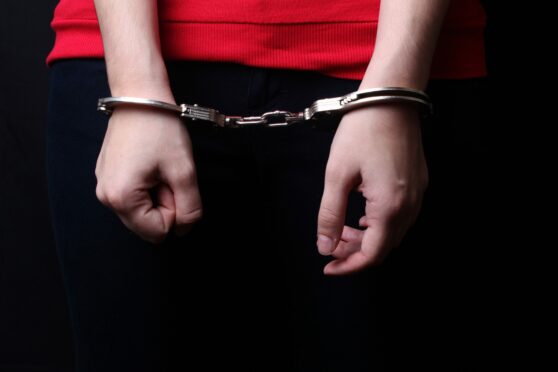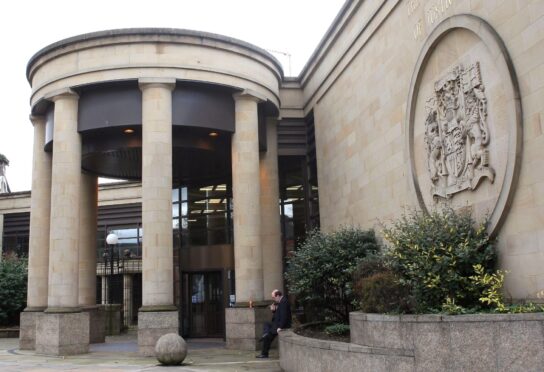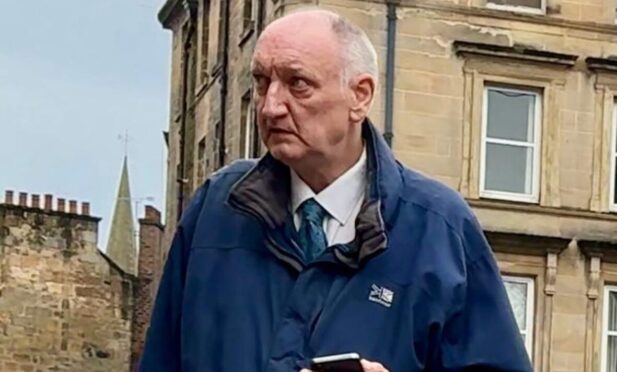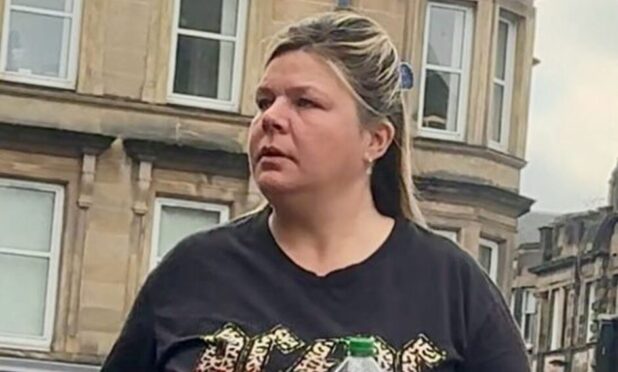Scotland is set to raise the age of criminal responsibility to 12 years old from December — increasing from one of the youngest in the world.
Children as young as eight can currently be charged with a crime, but only those 12 or older can actually be prosecuted in a criminal court.
The discrepancy will be closed from December 17, with the age of responsibility increased by four years.
It means Scotland will have the highest age of criminal responsibility of all UK nations.
Parts of the legislation, including regulations that mean a child under 12 cannot be considered an ‘offender’, have already been implemented.
‘Groundbreaking change’ to protect children
Children’s minister Clare Haughey has confirmed the change would be implemented after the Age of Criminal Responsibility (Scotland) Act 2019 was approved by parliament.
Currently, children aged 8 to 11 could be charged with a crime and their case heard by a Children’s Hearing — but they cannot be given a criminal record.
Ms Haughey said the “groundbreaking” approach is designed to protect children from the “harmful effects of early criminalisation”.
“It means primary school-aged children will no longer be stigmatised from being labelled as offenders at such a young age, which will improve their life chances and wellbeing,” she said.
The politician added: “Evidence shows that many children and young people who display harmful behaviours are highly vulnerable and have experienced trauma and adversity.
“They may have been victims of crime in their own lives. Understanding this, and responding with compassion and willingness to work with children will ensure that fewer enter the criminal justice system as they grow up.
Do you agree with the higher age of criminal responsibility in Scotland?
“The legislation means Scotland will have the highest age of criminal responsibility in the UK – we are proud to be leading the way in this progressive approach.”
She pointed out that police will still have powers to investigate children under the age of 12 in serious cases, such as if they are behaving in a sexually violent way.
These powers will only be available in the most serious cases, and the government say a court order will normally be required.










